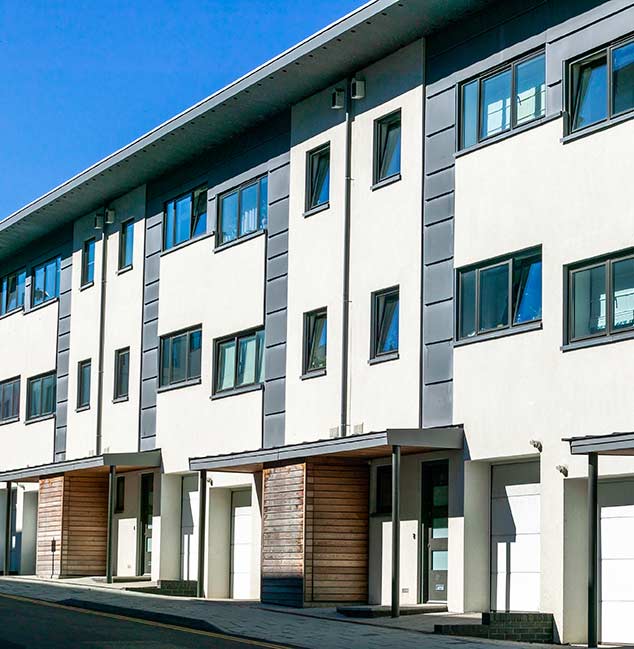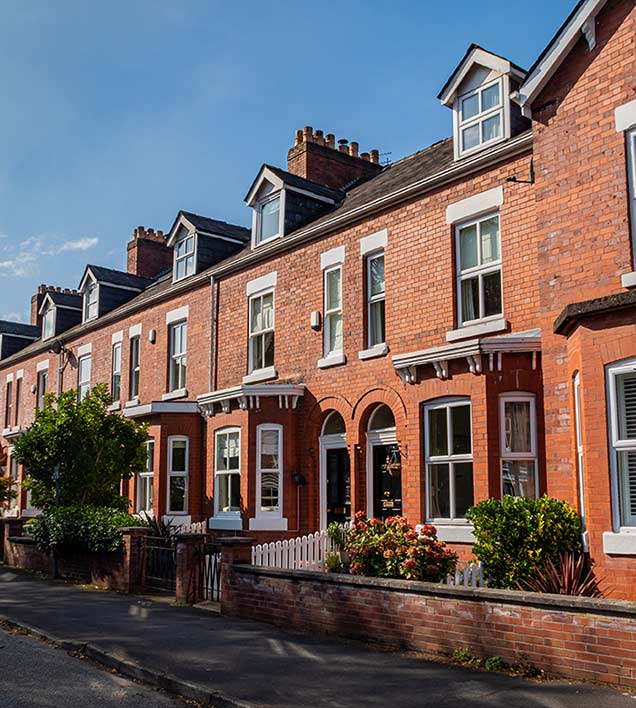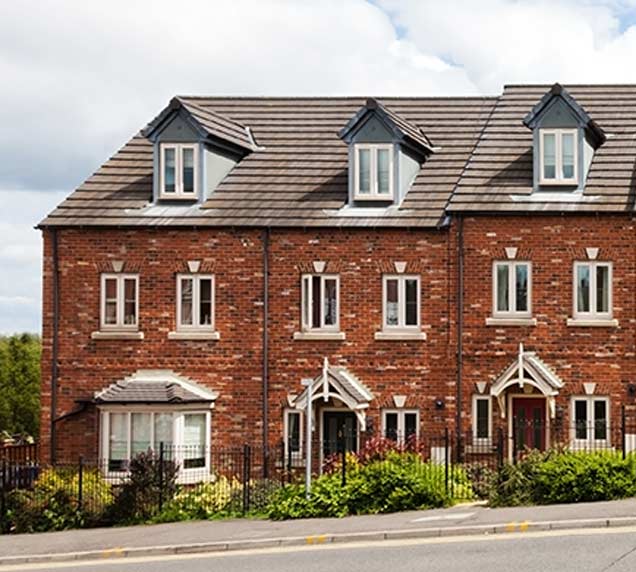
How do I know if my property needs a HMO licence?
The best way to find out if your HMO property needs to be licenced, is to contact the council responsible for the property.
Wherever your property is located, the local council will be able to tell you whether you require a licence or not. In general, any “large” HMO property in England or Wales will need to be licenced before you can rent it to tenants. The rules for properties in Scotland can vary, so it is essential to speak to the local council.
What is a "large" HMO property?
A “large” House of Multiple Occupancy is defined by the following criteria:
- There are five or more people living in the property, who form more than one household
- The tenants share kitchen, toilet or bathroom facilities
It’s important to know that even if the property is not classed as a “large” HMO, it my still require a licence – so always check with the local authority before renting the property out.

Enquiring about a HMO Mortgage?
What are the penalties for not having a HMO licence?
The penalties for operating an HMO property without the correct licence are significant. They can range from large fines of up to £20,000 and prosecution that can result in a criminal record.
The Housing Act 2004 made it a criminal offence to operate HMO property without the required licence. Not all HMO’s need a licence, but if your property needs one, failure to get it can be severely punished.
If you are caught, it is likely that you will be interviewed under caution by the local authority. Subsequent punishments can include fines of up to £20,000, prosecution resulting in a criminal record and the reimbursement of up to 12 months’ rent.
As an alternative to prosecution, the Housing and Planning Act 2016 gives councils the option of imposing civil fines of up to £30,000. So even if you don’t get prosecuted or convicted, you will be severely out of pocket!

How much does a HMO licence cost?
The cost of an HMO licence will vary depending on the location of the property. In general, the costs range from £400 to £1000.
As with most property costs, the location of the property has a great effect on the costs of running it. Usually, the more expensive the area, the more you can expect to pay for your HMO licence (if the property needs one).
If you want a rough idea of the potential cost, you can take a look at hmohub.co.uk, but it is essential that you get an exact cost from your council before you proceed with operating your HMO property.
Even if you ignore the criminal aspect, risking a potential £30,000 fine for the sake of a £400 to £1000 licence is not a risk worth taking!

How do I apply for a HMO licence?
You can apply for an HMO property licence with the local authority responsible for the property’s location.
If you want to know which council looks after your property, there are several government websites that offer a simple postcode based search facility, as well as online application.
The website you need will vary depending on which country the property is located in – here are the links:
- Apply for a HMO licence in England or Wales
- Apply for a HMO licence in Scotland
- Apply for a HMO licence in Northern Ireland
Is there anything else important I should know?
It is important to know that councils can take months to process an HMO licence, so it’s essential to plan ahead!
If you run more than one House of Multiple Occupancy / HMO, a separate licence will be needed for each property that requires one.
There are also a number of conditions you’ll need to meet before you get your licence. These requirements may vary from council to council, but they usually include:
- The property must have adequate space and facilities for the tenants. Each room in the property will need to meet a minimum size requirement. This can vary based on how many rooms are in the property - the local council can give you the exact requirements for your property.
- The manager of the HMO must be ‘fit and proper’. This means no criminal record or breaches of landlord laws or codes of practice. This also applies to any agent you employ to manage the property on your behalf.
- Gas safety certificates must be updated annually and sent to the licensing council.
- Smoke alarms must be installed and maintained.
- Electrical Installation Condition Report (EICR) which details the condition of the electrical installations in the property.
- If you fail to maintain the conditions of your licence, you are likely to be committing a criminal offence and could face significant penalties such as prosecution and /or large fines.